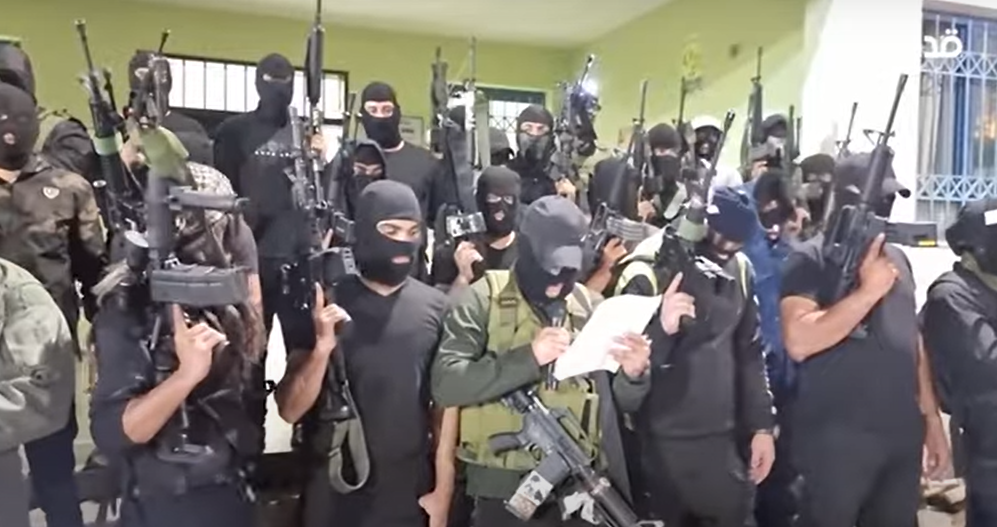PA Chairman Mahmoud Abbas is apprehensive that this surge in violence could lead to a third intifada, which he believes might be exploited by the right-wing government to destabilize his rule.
Security officials in Israel are particularly alarmed by the growing discontent among Palestinians in Judea and Samaria, especially since October 7.
This unrest is fueled by the war in the Gaza Strip, the Defense Cabinet’s decision to deny entry to Palestinian laborers for work in Israel, and the IDF’s operations against terrorism in refugee camps in Jenin, Nablus, and Tulkarm.
The security officials predict that the current situation, if left unchecked, will inevitably result in an explosive escalation.
The PA is grappling with security weaknesses and is hesitant to confront the Palestinian population in Judea and Samaria.
Chairman Abbas is primarily focused on maintaining his position and is reluctant to take any actions that might contradict the prevailing pro-Hamas sentiment among the Palestinian public, especially in light of the ongoing conflict with IDF forces.
Hamas activists freely display their flags and organize marches in support of the organization across Palestinian cities in Judea and Samaria, even in the capital, Ramallah.
Surprisingly, the Palestinian police refrain from dispersing these gatherings.
A survey by the Palestinian Center for Political Research and Surveys based in Ramallah reveals that over 90 percent of Palestinians in Judea and Samaria are calling for the resignation of PA Chairman Mahmoud Abbas. More than 60 percent advocate for the dissolution of the PA, and support for Hamas has tripled since October 7.
Mahmoud Abbas is striving to contain the events until tensions subside.
However, the PA’s financial situation is worsening due to Israel withholding tax money, leading to rising unemployment.
Approximately 120 thousand workers, unable to return to their jobs in Israel, are facing economic hardship.
The decision of the Defense Cabinet to deny entry to these workers is met with bitterness and anger, perceived as retaliation by extremist elements in the Israeli government for Hamas’s actions in settlements near the Gaza Strip.
Questions arise about how individuals like Bezalel Smotrich and Itamar Ben Gvir influence Israeli government policy, contrary to recommendations from Prime Minister Netanyahu and security officials supporting the return of Palestinian workers to Israel.
A senior official in the Fatah movement warns that the denial of work permits is a ticking time bomb that could lead to undesirable consequences, such as an increase in crime or terrorist activities in support of Hamas or Islamic Jihad.
Amidst the escalating tension, there is growing anger on the Palestinian street and within some segments of the PA’s security forces regarding the IDF and Shin Bet counter-terrorism operations in Jenin, Nablus, and Tulkarm.
The PA has lost control in these areas, allowing terrorist organizations to intensify their activities.
Sources within the Fatah movement suggest that Mahmoud Abbas may consider allowing peaceful demonstrations against IDF activities to release public anger, thereby preventing a potential violent eruption and a third intifada.
The Biden administration is urging Abbas to make every effort to maintain public order and prevent a deterioration of the security situation in areas under the PA’s control.
In summary, tensions are escalating in Judea and Samaria, and there are legitimate concerns that the security situation may soon reach a breaking point.




